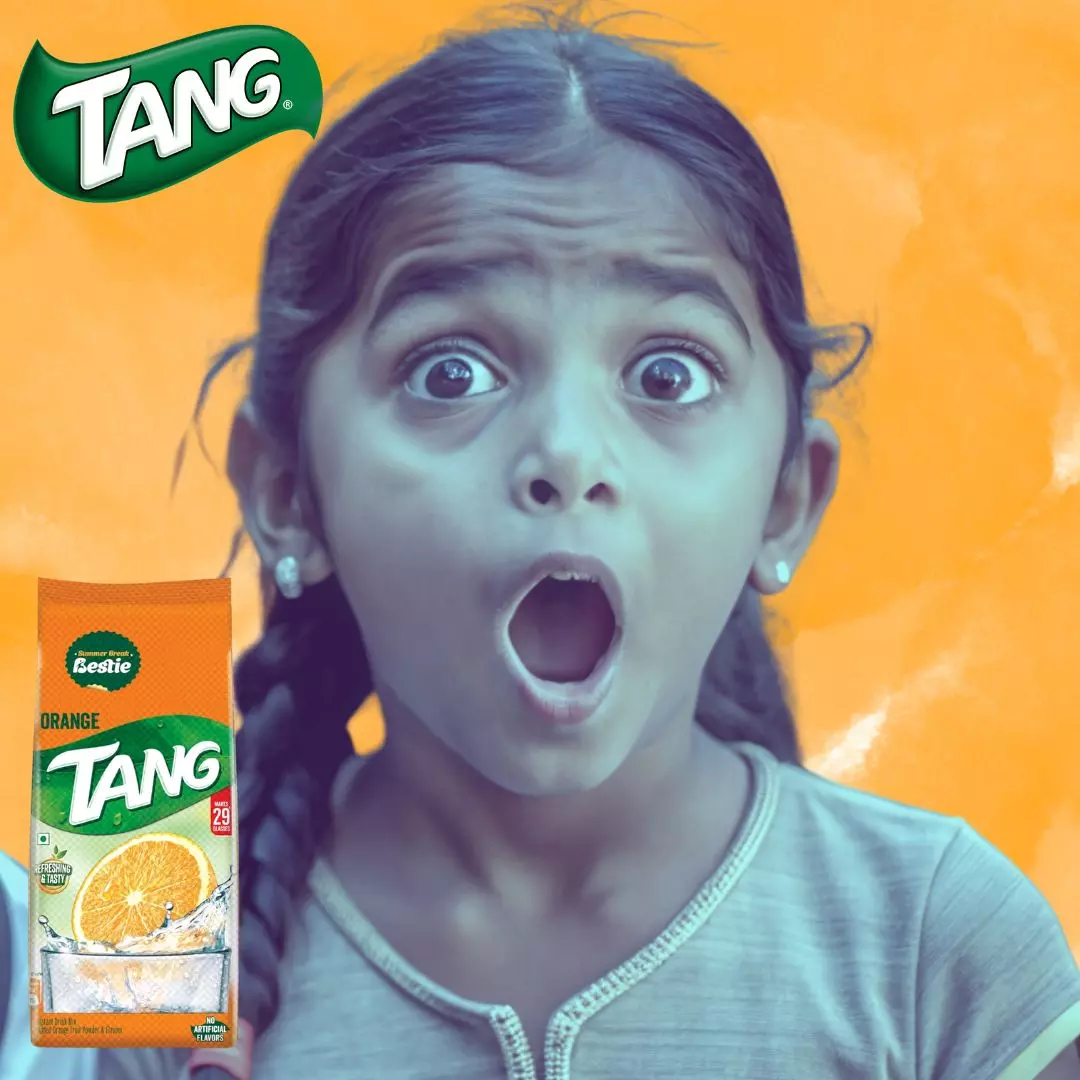A recent investigation reveals that Tang, often marketed as a healthy alternative to fruit juices, may pose greater health risks than traditional junk food. Health experts warn that its high sugar content, artificial additives, and misleading advertising can lead to obesity, diabetes, and other serious health issues. Nutritionists recommend opting for natural beverages with lower sugar levels to ensure better health outcomes.
The Hidden Dangers of Tang
Tang, a powdered drink mix introduced in 1959, has long been marketed as a vitamin-rich alternative to orange juice. However, a typical serving contains approximately 34 grams of sugar, significantly exceeding the American Heart Association’s daily recommendations of 36 grams for men and 25 grams for women. Health experts emphasize that the combination of high-fructose corn syrup and artificial additives not only contributes to weight gain but also increases the risk of chronic diseases such as type 2 diabetes and heart disease. Dr. Jane Smith, a nutritionist, states, “While Tang may seem appealing due to its vitamin C content, the health risks associated with its sugar levels far outweigh any benefits.”
Context and Misleading Marketing
Initially marketed as a nutritious option, Tang has been scrutinized for its deceptive advertising practices that promote it as healthier than natural juices. This has led many consumers to mistakenly perceive it as a safe choice for hydration. In recent years, various studies have linked excessive consumption of sugary beverages like Tang to severe health complications, including metabolic syndrome and liver damage. The introduction of sugar taxes in countries like the Philippines aims to curb the consumption of such drinks by raising awareness about their health implications.
The Logical Indian’s Perspective
The Logical Indian advocates for transparency in food marketing and urges consumers to make informed choices about their diets. As we navigate an era where misleading advertisements can compromise public health, it is crucial to promote awareness about the dangers of processed foods like Tang. How can we encourage healthier choices in our communities while holding companies accountable for their marketing practices? We invite our readers to share their thoughts and experiences on this pressing issue.












